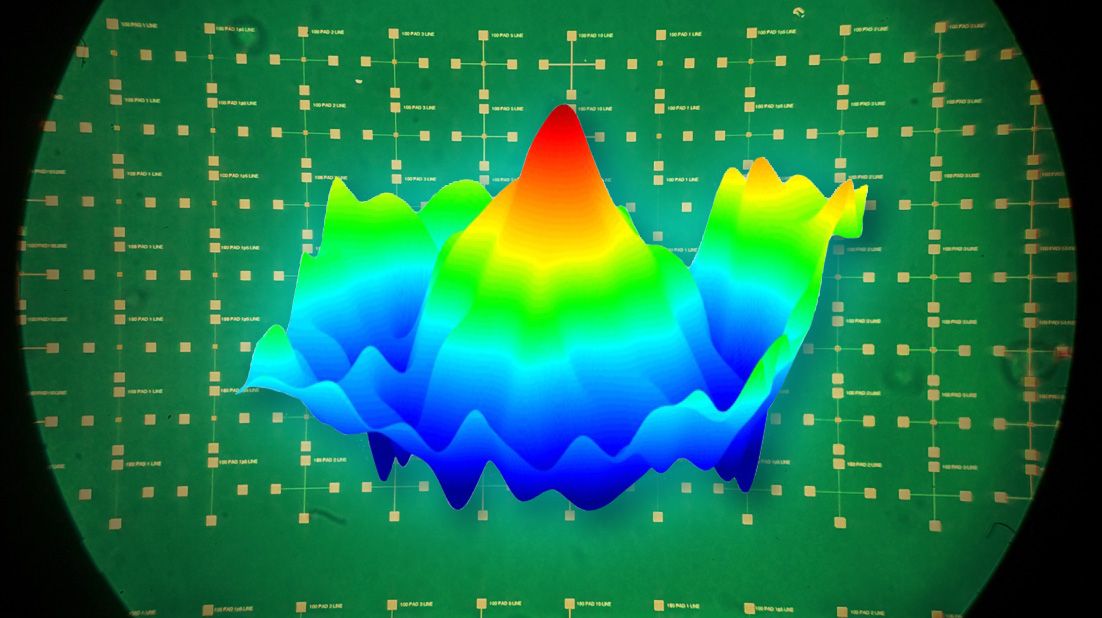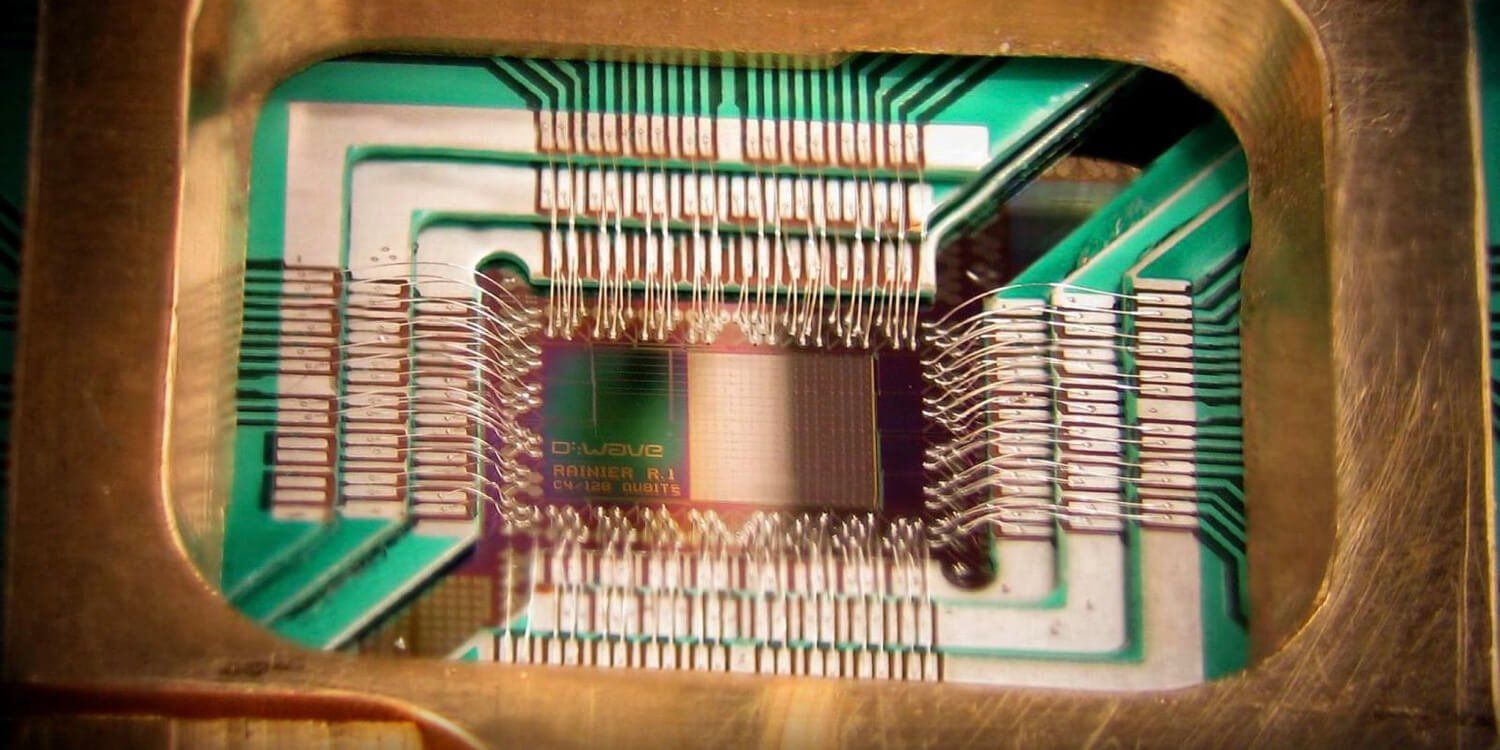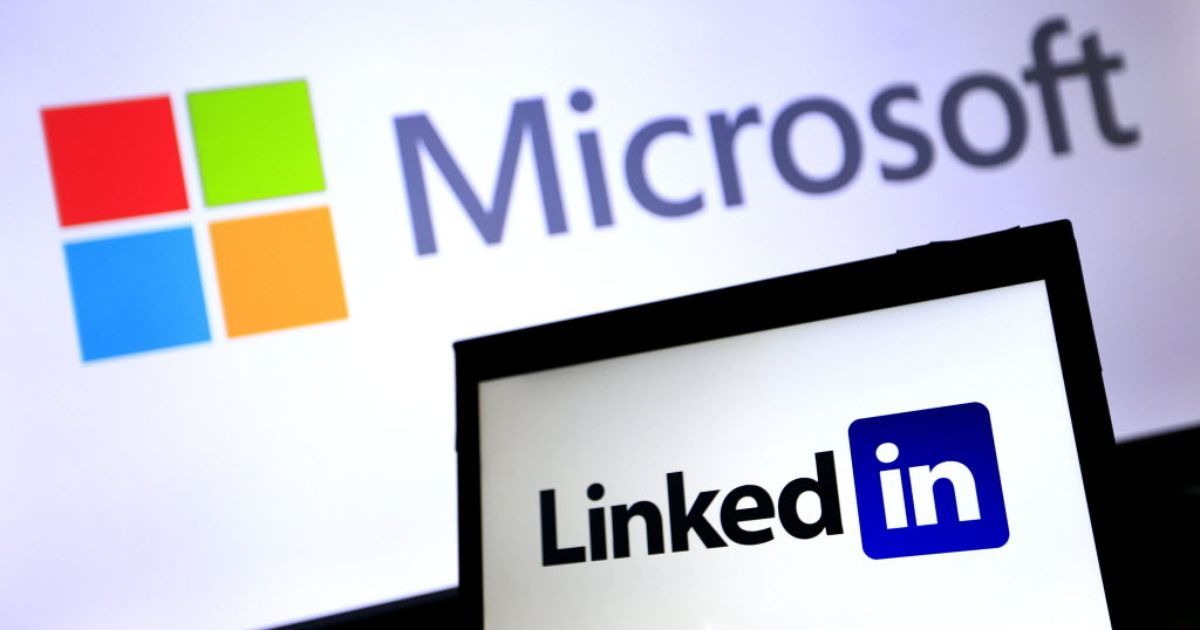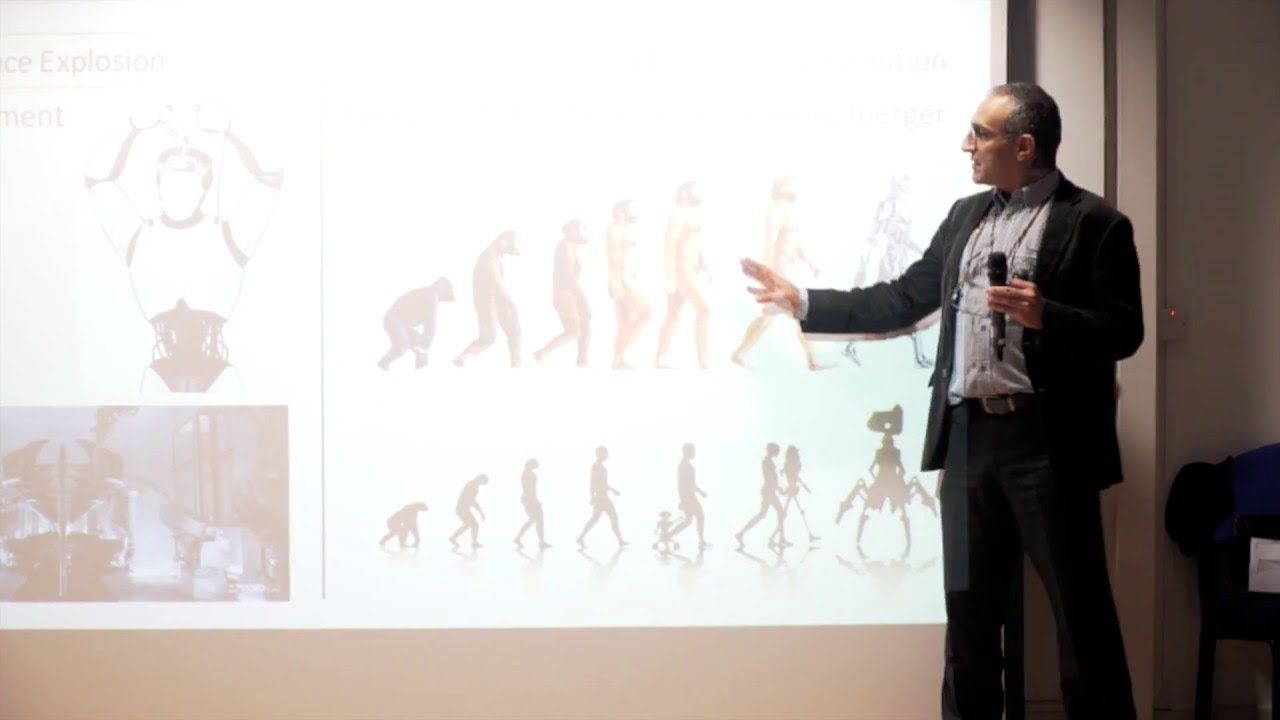Andy Rubin, who co-founded Android and jump-started Google’s robotics efforts, imagines a future where artificial intelligence is so powerful that it powers every connected device. Speaking at Bloomberg’s Tech Conference in San Francisco today, Rubin said a combination of quantum computing and AI advancements could yield a conscious intelligence that would underpin every piece of technology. “If you have computing that is as powerful as this could be, you might only need one,” Rubin says. “It might not be something you carry around; it just has to be conscious.”
It sounds outlandish and theoretical, and it is. But Rubin, with his investment fund Playground Global, is investing in companies trying to make that kind of wondrous future a reality. One such company, a quantum computing firm Rubin would not name, is composed of researchers he thinks may one day commercialize quantum devices using standard manufacturing processes. Quantum computing promises exponential boosts in processing power, in part by harnessing the probabilistic nature inherent to the physics discipline.
Rubin thinks there’s substantial overlap coming down the line for quantum computing, AI, and robotics. “In order for AI to blossom and fulfill consumer needs, it has to be about data,” he says. “That’s where robotics come in — robots are walking mobile sensors, who can sense their environment and interact and learn from those interactions.” Furthermore, Rubin adds, both AI and quantum computing are good at pattern matching and could greatly complement one another. “Those two things combined in hundreds of years might get us to the point of this conundrum, who is the master and who is the servant and all that,” he says.
Read more








